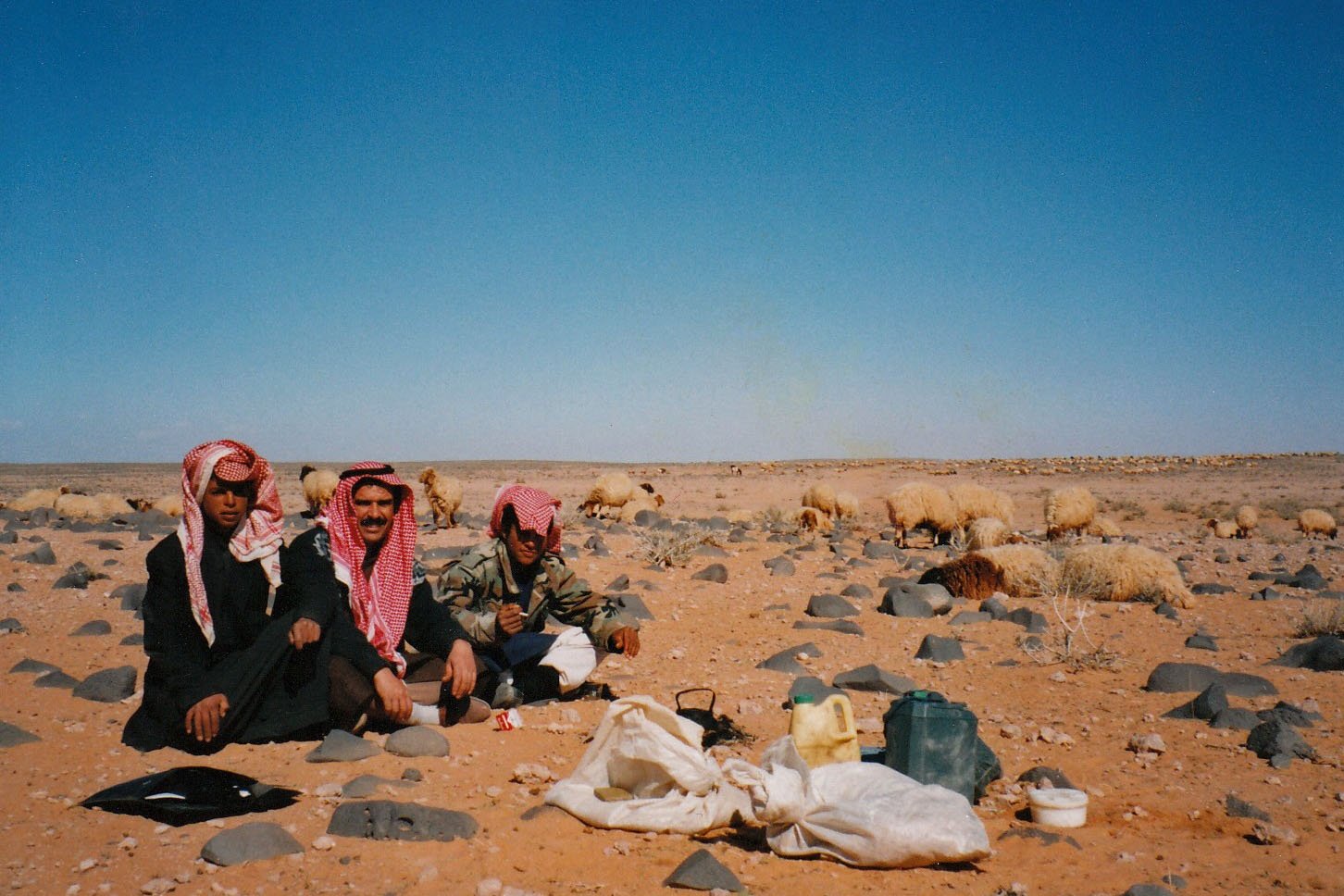IMF Financing Softens Blow of the Pandemic in Jordan
 Jordan, bordered by Saudi Arabia, Iraq, Syria and Israel, is an Arab country in the Middle East. The country is on the East Bank of the Jordan River yet relatively landlocked. It has accordingly received a massive influx of Palestinian and Syrian refugees. Recently, the International Monetary Fund (IMF) in Jordan provided two different forms of economic relief to people in light of the ratio of debt to its gross domestic product (GDP) and the current pandemic. Read more about the IMF in Jordan below.
Jordan, bordered by Saudi Arabia, Iraq, Syria and Israel, is an Arab country in the Middle East. The country is on the East Bank of the Jordan River yet relatively landlocked. It has accordingly received a massive influx of Palestinian and Syrian refugees. Recently, the International Monetary Fund (IMF) in Jordan provided two different forms of economic relief to people in light of the ratio of debt to its gross domestic product (GDP) and the current pandemic. Read more about the IMF in Jordan below.
The Effects of the Pandemic on Jordan
Jordan’s economy will experience contraction in 2020 due to the effects of COVID-19. The pandemic-induced lockdown significantly impacted 250,000 daily-wage workers and businesses facing a liquidity crisis. It also delayed foreign investment, trade and tourism. The latter industry generates $5 billion annually for Jordan.
Only 11.3% of respondents in a UNDP survey claimed that their income was unaffected by the pandemic, which has significantly impacted young adults. In the survey, 38.3% of respondents experienced challenges getting clean drinking water, and 69.3% struggled with accessing basic healthcare.
Countries in the Middle East and Central Asia, including Jordan, will experience a 4.7% drop in its constant-price GDP, adjusted for the effects of inflation, in 2020. Additionally, the average size of economic relief programs in the Middle East was smaller than in other regions in the world. The Middle East and North Africa (MENA) oil-importing countries’ ratio of debt to income will reach 95% in 2020. Thankfully, the IMF provided $17 billion in aid to the area since the beginning of 2020. It also helped catalyze $5 billion from creditors.
The IMF in Jordan
Jordan’s four-year Extended Fund Facility (EFF) is a partnership between the Jordanian government and IMF staff, which focuses its $1.3 billion on growth, jobs and social safety nets. The loan program, approved on March 25, 2020, will create more jobs for women and young people. EFF funds finance the general budget, including health, education and social support, while also providing support to Jordan’s Syrian refugees.
Although the IMF in Jordan created the EFF funds before the pandemic, it changed the program to support spending on emergency outlays and medical equipment. The IMF in Jordan also helped secure congressional grants to ease annual debt, as public debt increased in the past decade to an amount equivalent to 97% of its GDP.
In addition, the IMF in Jordan approved $400 million in emergency assistance under the Rapid Financing Instrument (RFI) to fight the COVID-19 pandemic in May 2020. Due to the fall of domestic consumption during the outbreak, these funds answer companies’ and consumers’ borrowing needs. The government will spend the RFI funds through the national treasury account, where specific budget lines track and report crisis-related expenditures.
The emergency economic assistance allows for higher healthcare budgets, containment and support to vulnerable households and businesses. Moreover, it will ease external financing constraints and avoid loss in official reserves. The $1.5 billion balance of payment gaps, however, will emerge with increased public debt and a widened fiscal deficit.
Moving Forward
Despite the challenges presented by the pandemic, Jordan’s tech start-ups, global supply chains and exporting masks have helped its economy. Tech literacy, in particular, has been especially vital for Jordanian youth to find remote jobs. Moreover, the EFF program can ensure support for the people in Jordan by easing access to basic needs. The program will also help reduce the impacts of poverty by increasing social protection coverage on poor families.
Monetary and fiscal authorities in Jordan have reduced interest rates and delayed bank loan installments and tax payments due to the outbreak, injecting over $700 million in liquidity. Additionally, the country implemented a cash-flow relief program for companies. It also activated the National Aid Fund cash transfer program for daily wage workers.
Jordan has prioritized human safety for its citizens and refugees in the fight against COVID-19. So far, it has only had low to moderate numbers of per capita COVID-19 cases. Thanks to the help of the IMF in Jordan, the country seems to be on track to recover from pandemic.
– Isabella Thorpe
Photo: Flickr
